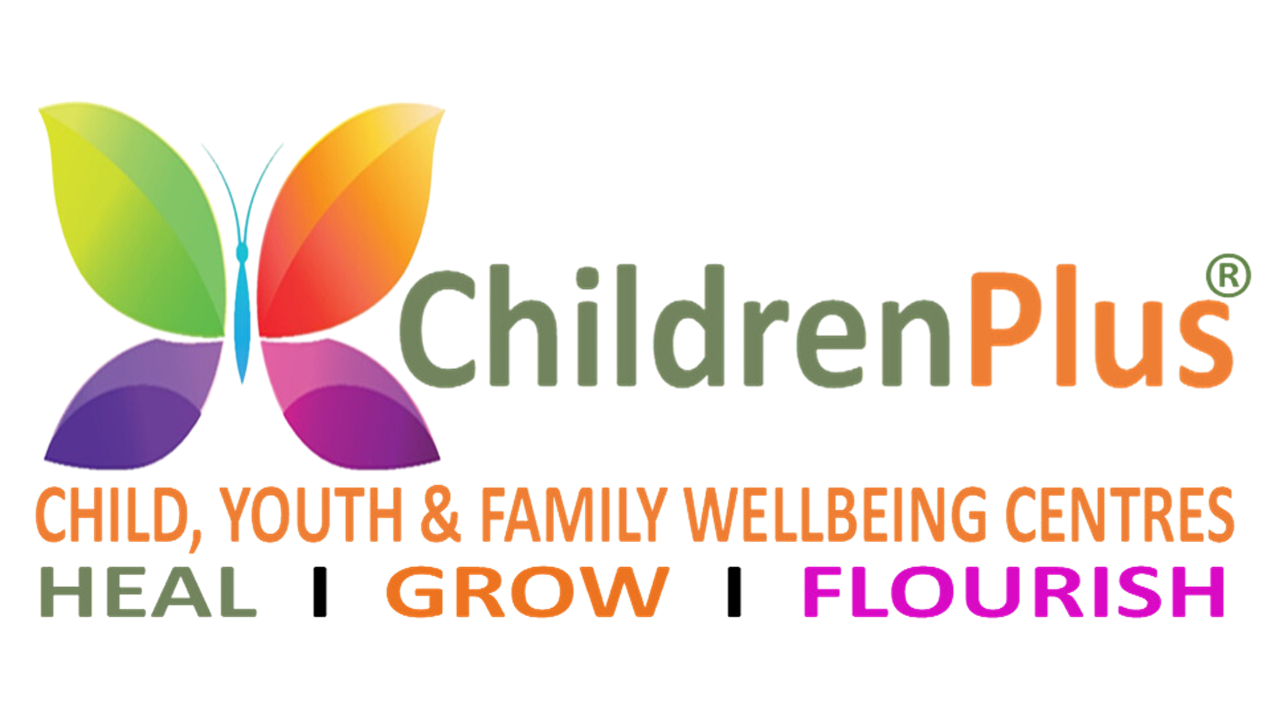Request Consultation
We will never share your details with anyone outside of Childrenplus without your express consent.
Request Consultation
Is a Learning Disorder Holding Your Child Back?

Understanding learning differences for a brighter academic future.
Does your bright child struggle in school despite their best efforts? They might have an undiagnosed learning disorder. ChildrenPlus Noida offers specialized assessments and support for conditions like dyslexia (reading), dyscalculia (math), and dysgraphia (writing), empowering children to overcome learning challenges.
Recognizing Signs of Learning Disorders
- Reading Difficulties: Slow reading, mispronouncing words, trouble decoding, poor comprehension.
- Math Struggles: Difficulty with number concepts, calculations, remembering math facts.
- Writing Challenges: Messy handwriting, poor spelling, trouble organizing thoughts on paper.
- Unexpected Discrepancies: A child’s intelligence doesn’t match their academic achievement.
The Impact of Learning Disorders
- Academic Failure: Untreated learning differences can lead to frustration and falling behind.
- Low Self-Esteem: Feeling “not smart enough” can damage a child’s confidence.
- Behavioral Issues: Difficulties in school can lead to acting out or withdrawal.
- Missed Potential: Without support, children with learning disorders may not reach their full academic capabilities.
The ChildrenPlus Noida Difference
- In-Depth Assessment: We pinpoint specific learning challenges and identify individual strengths.
- Personalized Interventions: Our team offers targeted remediation and learning strategies tailored to your child’s needs.
- School Collaboration: We provide recommendations for accommodations to support classroom success.
- Building Confidence: Success in therapy helps children feel capable and motivated to learn.
Don’t let a learning disorder stand in your child’s way. Contact ChildrenPlus Noida today and schedule a comprehensive assessment.
Examples of learning disorders include
-
Dyslexia – difficulty with reading -
Dyscalculia – difficulty with math -
Dysgraphia – difficulty with writing
Some of the symptoms of learning disorders are:
-
Difficulty telling right from left -
Reversing letters, words, or numbers, after first or second grade -
Difficulties recognizing patterns or sorting items by size or shape -
Difficulty understanding and following instructions or staying organized -
Difficulty remembering what was just said or what was just read -
Lacking coordination when moving around -
Difficulty doing tasks with the hands, like writing, cutting, or drawing -
Difficulty understanding the concept of time
Children Learning disorders may struggle to understand a subject despite their best efforts can get frustrated, feel helpless, or withdraw out of frustration. Attention-deficit/hyperactivity disorder (ADHD), anxiety, and other emotional or behavioural disorders may occur along with learning disorders. It can be particularly challenging for children to succeed in school when multiple problems overlap. It is essential to correctly diagnose each disorder so that the child can get the appropriate treatment.
Children with learning disorders often need extra help and instruction that are specialized for them. Having a learning disorder can qualify a child for special education services in school. Generally, an important first step is to understand the child’s learning difficulties and consider how they will affect their communication, self-help skills, willingness to accept discipline, impact on play, and capacity for independence. Such problems deserve a comprehensive evaluation by an expert who can assess all of the different issues affecting the child.
The assessment process may involve:
Depending on the child’s age and the difficulties, different tests may be required:
-
A preliminary analysis of the child’s educational background -
Standardised cognitive assessment (capacity for thinking and reasoning) – WISC -
Academic skills testing that is standardised (WIAT) -
Other relevant tests, if necessary (to evaluate working memory difficulties or attention/focus, for example) -
A thorough examination report with a concise summary and an outcome -
Specific suggestions for at-home and in-class learning -
Detailed parent feedback session to address all of your concerns
Next Steps
If you think your child or teenager may have symptoms of a Learning disorder, and would like further assessment or support you can contact us at childrenplus via phone or email. We will arrange for you and your family to meet with one of our trained psychologists for a confidential discussion.
No referral is needed to make an appointment.
